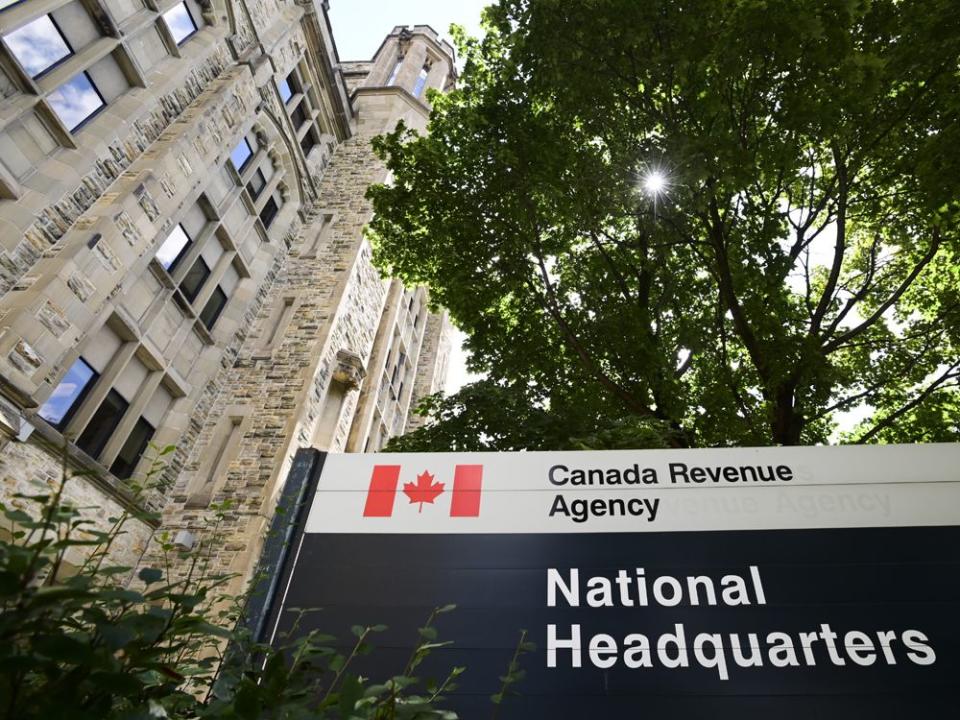Jack Mintz: Great Reset spending is dead, long live tax cutting

How quickly the world changes. Last year, politicians blathered about raising taxes to pay for COVID-related debt and the Great Reset. This year, they are talking about tax cuts to relieve beleaguered voters from sky-high inflation. In the U.K., the leading contender for leadership of the Conservative Party, Foreign Secretary Liz Truss, has been catching the public’s eye with a tax-cut agenda to undo the damage created by outgoing prime minister Boris Johnson’s earlier budgets.
In those past two budgets, Johnson and Rishi Sunak, ex-Chancellor of the Exchequer, raised corporate taxes by six points on companies with more than £50,000 in profits, introduced a new windfall tax on oil and gas companies, deindexed income and inheritance tax brackets and raised health-related payroll taxes. Truss is promising to cancel the company tax rate hikes, not renew the windfall tax and forgo payroll and green tax increases.
She has also indicated that the U.K. may withdraw its support for the OECD global minimum tax on foreign affiliate profits, a major setback for countries looking to “stitch up” corporate tax rates to 15 per cent. With the Schumer-Manchin deal passed by Congress last Friday, the U.S. is not enacting a corporate minimum tax compliant with the OECD model. Hungary is opposing the tax, which could block EU unanimity to accept it. Soon, the OECD global corporate minimum tax may be on its deathbed.
The other contender for the U.K. Conservative leadership, Rishi Sunak, resists immediate tax cuts in favour of fiscal responsibility. Nonetheless, even he is willing to reduce the basic income tax rate to 16 per cent from 20 per cent by 2029, scrap VAT on energy bills, and dole out a supplementary payment to cover high energy bills now plaguing low-income consumers. Truss argues that “tax cuts, not handouts” are more effective to boost the economy. So far, she is winning the battle — polls show she has a 24-point lead among Conservative party supporters and could possibly overcome a four-point deficit to Labour in an election.
Truss is not the only politician arguing for tax cuts these days. Germany is considering a proposal to reduce personal income taxes by raising income tax brackets, even at the top end, to help households cope with inflation. Italy’s conservative bloc, now favoured in the polls to win the parliamentary elections, is proposing a “flat tax” on annual income of up to €100,000 for the self-employed, and on any increase in income from one year to the next. Korea has recently announced cutting its corporate income tax rate to 22 per cent from 25 per cent in 2023.
What happened? In an October 2021 report, the OECD told G20 countries that “(t)he COVID-19 crisis has caused a significant deterioration in public finances, which calls for a rethink of tax and spending policies once the recovery is well underway.” To help achieve these aims, the International Monetary Fund and the OECD have both been pushing the new global minimum corporate tax, carbon taxes and tariffs, and transnational tax enforcement.
Eight months later with a surging inflation tax in most countries, national leaders are now taking the heat for rising prices as well as energy market disruptions. Fiscal deficits are disappearing as inflation helps fill government coffers. Among advanced countries, the IMF predicted in April 2022 that the general government deficit will be 2.9 per cent of GDP by 2023, little different than the 2019 deficit (3.0 per cent). Some countries will be balancing their budgets next year including Denmark, Ireland, Norway, Singapore and Sweden. Cyprus, Ireland, Germany and Switzerland will be nearly balanced with deficits less than 1.0 per cent of GDP by 2023.
Jack Mintz: Labour shortages won’t stop, even after the 'jobful recession'
Jack Mintz: We’ve got windfall taxes already. Main Street pays them
This is a remarkable turn of events. Instead of governments expected to raise taxes, voters are pressing to cut them. This pressure will increase by next year. With rising interest rates and a possible recession, well-timed tax reductions will counter an economic slowdown.
North America politicians have been slower to catch on to the tax-cutting agenda. The U.S. Democrats have recently adopted two spending bills — the CHIPS Act and the mislabelled Inflation Reduction Act — with oodles of business subsidies and tax credits. The cost of these programs will be covered by corporate tax increases, lower negotiated drug prices and a more aggressive Internal Revenue Service to collect taxes. This is likely the last tax-and-spend bill if the Republicans win the House in the mid-term elections this fall.
As for Canada, the federal Liberal government introduced surtaxes on large financial institutions, new digital services and luxury taxes, and carbon tax hikes. It is puffing up Canada Revenue Agency resources to audit more Canadians. Its NDP partner is willing to go further with wealth taxes and excess profit taxes to fund new social programs.
The Canadian tax agenda may soon change. With federal and provincial governments closer to balanced budgets, politicians will feel political pressure to offset the inflation tax and higher interest rates with lower taxes. In Alberta, where a large fiscal surplus is expected this year, the province will be able to bring back income tax indexation and even afford a personal income tax rate cut.
Economic growth is key to relieving economies from inflation. The most powerful growth policy is putting money back in the pockets of Canadians rather than let politicians spend it for them on their favourite pet projects.

 Yahoo Finance
Yahoo Finance 